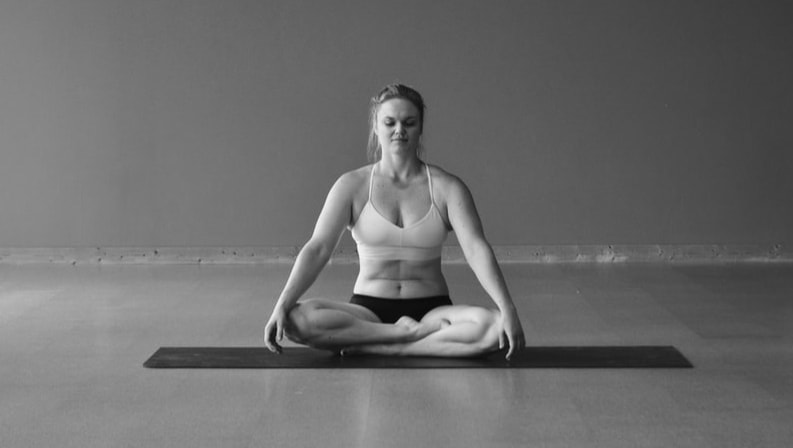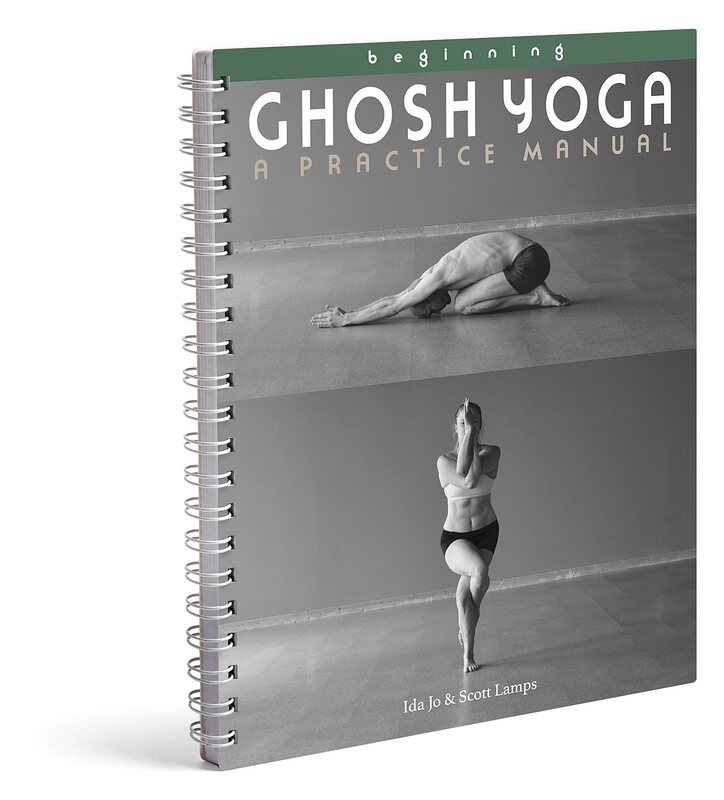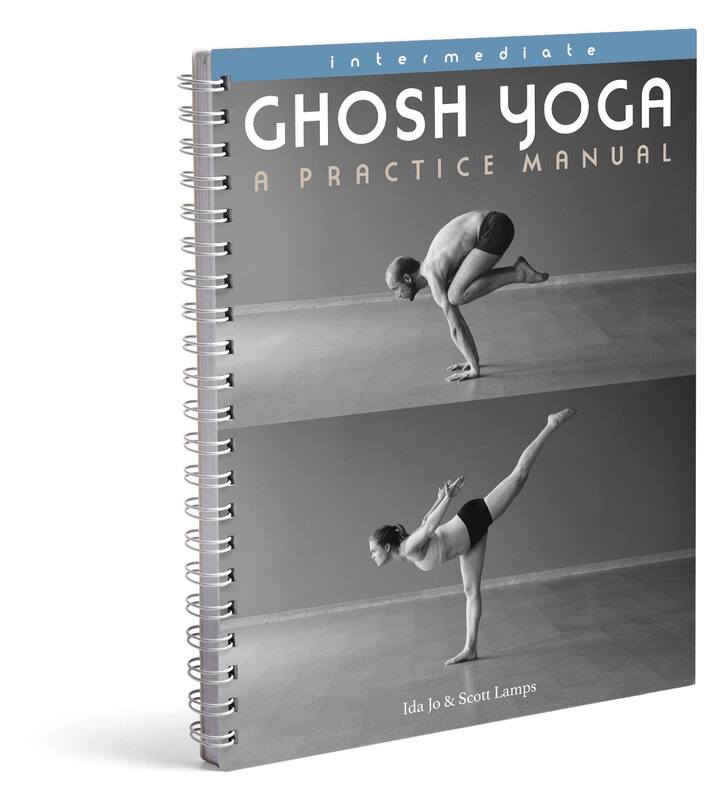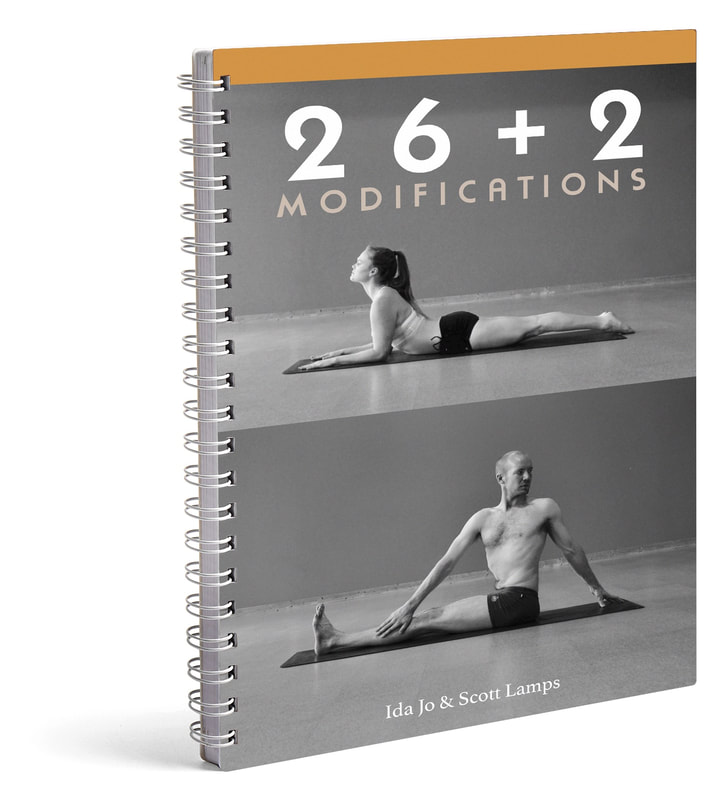|
You may have read our recent blog about the 6 obstacles to yoga described in the early verses of the Hatha Yoga Pradipika, one of the most important and comprehensive texts on hathayoga. In the very next verse, the text enumerates the 6 characteristics of a successful practice.
"Yoga succeeds by these six: enthusiasm, openness, courage, knowledge of the truth, determination, and solitude." (1.16) Let's take a closer look. ENTHUSIASM Passion for study and practice is vital for a student in any field. Enthusiasm comes naturally at first, when the concepts are new and progress comes quickly. It is quite difficult to maintain when the student obtains some familiarity with the concepts and practices, and the rate of progress slows. The focus of study must always change and deepen if enthusiasm is to be maintained. If we try to repeat the same things over and over, the ideas become stale and we lose interest. This happens often in yoga: new students are inspired, but after a period of a few years there is a lack of progress and depth. They may change styles or quit altogether. OPENNESS Openness to new ideas is essential at every point along a student's path. Like "enthusiasm" above, openness is easiest at the beginning, when all the ideas are new and we are eager to set ourselves in a new direction. It is easy, though, to get stuck in the rut and routine of the beginner's practice, carried by the memory of our early enthusiasm. The hardest bits of openness are when our practice must change. We must leave our beginning practice behind and evolve to deeper things. This change is continuous on the yogi's journey, and it is always difficult when progress is made and new techniques are required. COURAGE This is sometimes translated as "perseverance" or "faith," which have different meanings but point to the purpose of this instruction. If we are truly on a path of discovery, we can not possibly know where we are headed. Only a true teacher will know what lies ahead for us. Since we do not know what awaits us, we must have courage and faith to continue on the journey. Without this, we choose to remain where we are familiar and comfortable, making progress difficult. KNOWLEDGE OF THE TRUTH It is the teacher's role to point the student in the direction of 'truth,' but it can only be experienced by the practitioner. In yoga, the truth is not something that can be comprehended logically. Its very meaning is non-logical, which is why it is always referred to in mystical terms. Our cognitive capacity was not designed to comprehend the greater picture of the universe, so the more we think about it, the farther we get from it. In order to have success in yoga practice, the practitioner must have firsthand knowledge of this truth. DETERMINATION Linking with enthusiasm, openness and courage above, determination is often necessary as we progress. Too often we feel that we are stuck in our progress, going nowhere despite earnest effort. During these periods we must continue our practice with determination, as well as check our openness to new ideas and our courage to explore them. SOLITUDE All of the practices of yoga are best done in one's own time and space. Without solitude, there is no yoga practice. With solitude and the five elements above, one is sure to make progress on the path of yoga, especially with a good teacher to point the way.
0 Comments
Leave a Reply. |
AUTHORSScott & Ida are Yoga Acharyas (Masters of Yoga). They are scholars as well as practitioners of yogic postures, breath control and meditation. They are the head teachers of Ghosh Yoga.
POPULAR- The 113 Postures of Ghosh Yoga
- Make the Hamstrings Strong, Not Long - Understanding Chair Posture - Lock the Knee History - It Doesn't Matter If Your Head Is On Your Knee - Bow Pose (Dhanurasana) - 5 Reasons To Backbend - Origins of Standing Bow - The Traditional Yoga In Bikram's Class - What About the Women?! - Through Bishnu's Eyes - Why Teaching Is Not a Personal Practice Categories
All
Archives
May 2024
|







 RSS Feed
RSS Feed